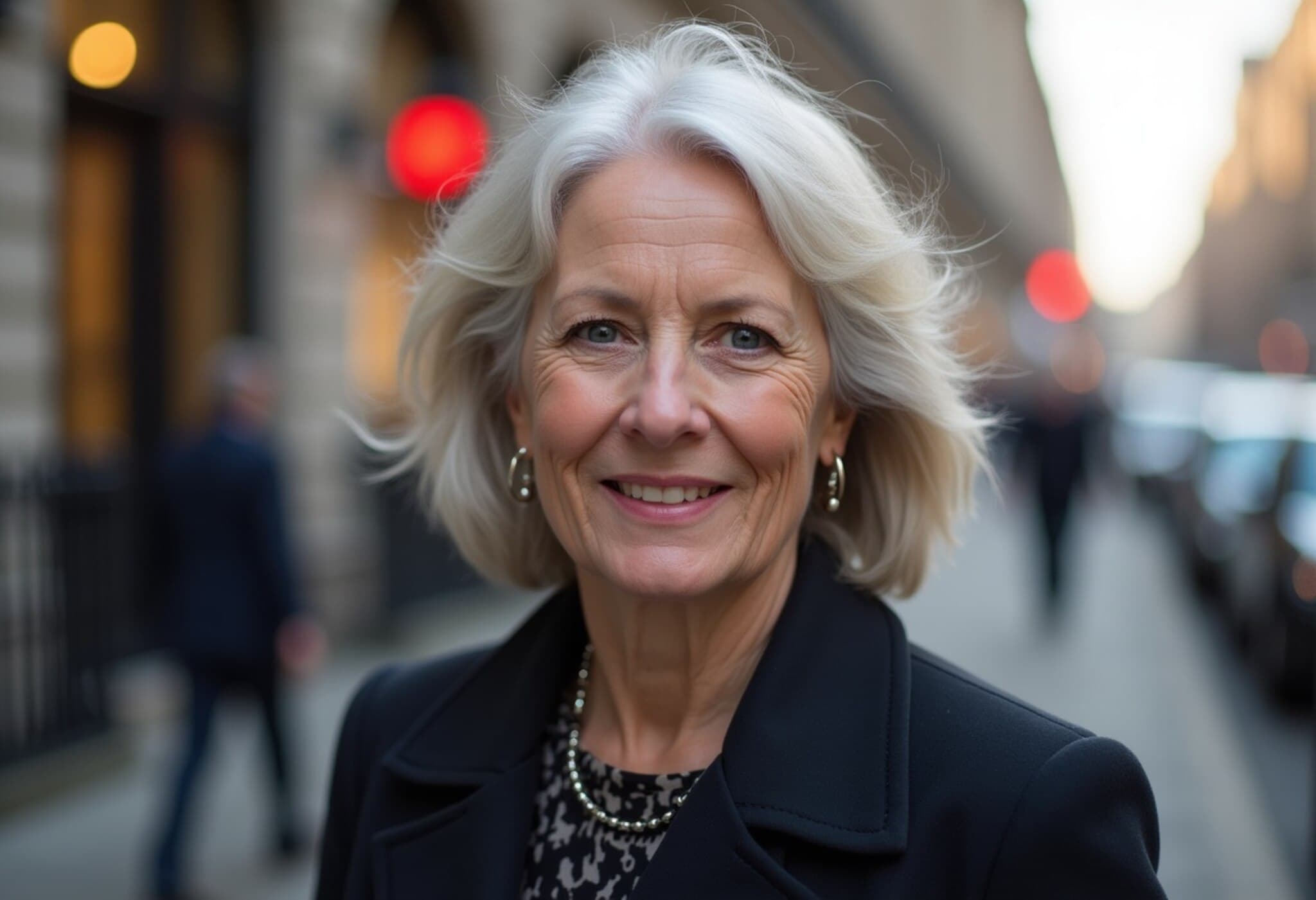UK Parliament Votes in Favor of Assisted Dying Legislation
In a landmark decision, the UK Parliament has voted in favor of a bill to legalize assisted dying, signaling one of the most significant social reforms in recent memory. The bill passed with 314 lawmakers supporting it against 291 opponents, overcoming its largest parliamentary hurdle to date.
Key Provisions of the Assisted Dying Bill
The proposed law, titled the Terminally Ill Adults (End of Life) Act, would allow mentally competent adults diagnosed with a terminal illness and given six months or fewer to live, in England and Wales, the right to voluntarily end their lives with medical assistance.
This legislation positions the UK alongside countries such as Australia and Canada, as well as certain US states where assisted dying is already lawful. Advocates argue that the law offers a compassionate choice for those suffering unbearable pain, while critics express concerns over the potential pressure on vulnerable individuals.
Next Steps and Political Context
The bill will now proceed to the House of Lords for extensive review and possible amendments. Although the upper chamber is unelected, members typically respect decisions made by the elected House of Commons, making a complete block unlikely.
Interestingly, the current Labour government under Prime Minister Keir Starmer maintained neutrality, allowing members to vote based on personal convictions rather than party directives. Starmer himself has publicly supported assisted dying. This vote follows a decade since the last parliamentary attempt on this issue was rejected.
Debate and Public Sentiment
The parliamentary session was marked by intense, emotionally charged debates where lawmakers shared personal stories. Public opinion polls indicate a majority of Britons support legalizing assisted dying, reflecting a shift in societal attitudes.
Opponents of the bill voiced concerns that ill individuals might feel coerced into choosing death due to perceived burdens on their families or society. Some MPs who initially backed the legislation withdrew their support citing weakened safeguards.
Changes to Safeguards and Panel Oversight
Initially, the bill required court approval for assisted dying cases. However, this was replaced by a layered judgment process involving a panel composed of a social worker, a senior legal figure, and a psychiatrist. Critics view this as a dilution of protections, although proponents argue it still offers robust measures to prevent coercion.
Kim Leadbeater, the Labour MP who introduced the bill, emphasized that it contains some of the strongest safeguards globally against abusing vulnerable people.
Public Reaction Outside Parliament
On voting day, hundreds gathered outside Parliament, split between supporters and opponents of the bill. Supporters chanted slogans such as "My decision, my choice" and held signs reading “My life, my death” alongside photos of loved ones who endured painful deaths.
Conversely, protesters held placards urging compassion instead of assisted dying, with messages like “Let’s care not kill” and “Kill the bill, not the ill”.
This vote marks a pivotal moment in the UK’s approach to end-of-life care, setting a course for potential historic legal changes that will affect the rights and dignity of terminally ill patients.

















